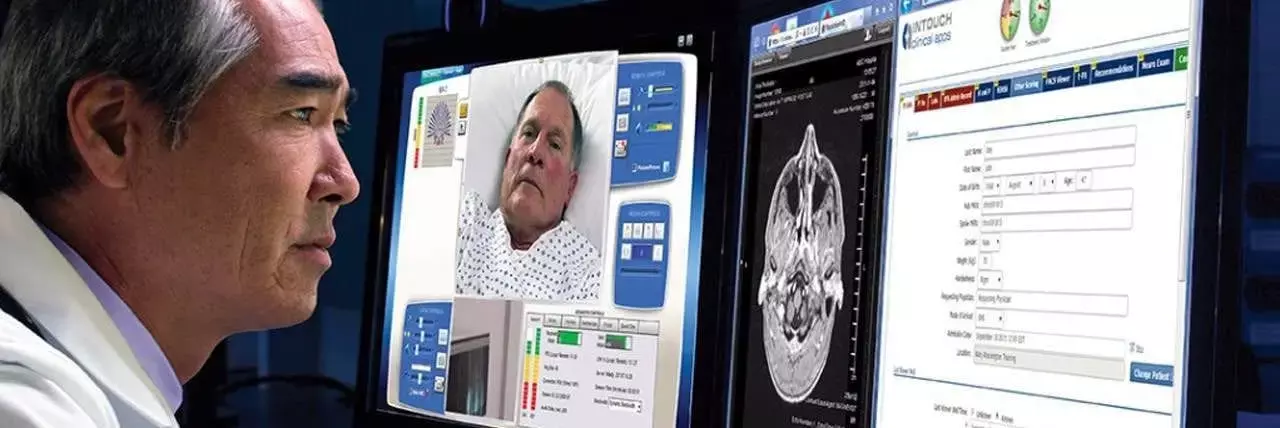- Home
- Medical news & Guidelines
- Anesthesiology
- Cardiology and CTVS
- Critical Care
- Dentistry
- Dermatology
- Diabetes and Endocrinology
- ENT
- Gastroenterology
- Medicine
- Nephrology
- Neurology
- Obstretics-Gynaecology
- Oncology
- Ophthalmology
- Orthopaedics
- Pediatrics-Neonatology
- Psychiatry
- Pulmonology
- Radiology
- Surgery
- Urology
- Laboratory Medicine
- Diet
- Nursing
- Paramedical
- Physiotherapy
- Health news
- Fact Check
- Bone Health Fact Check
- Brain Health Fact Check
- Cancer Related Fact Check
- Child Care Fact Check
- Dental and oral health fact check
- Diabetes and metabolic health fact check
- Diet and Nutrition Fact Check
- Eye and ENT Care Fact Check
- Fitness fact check
- Gut health fact check
- Heart health fact check
- Kidney health fact check
- Medical education fact check
- Men's health fact check
- Respiratory fact check
- Skin and hair care fact check
- Vaccine and Immunization fact check
- Women's health fact check
- AYUSH
- State News
- Andaman and Nicobar Islands
- Andhra Pradesh
- Arunachal Pradesh
- Assam
- Bihar
- Chandigarh
- Chattisgarh
- Dadra and Nagar Haveli
- Daman and Diu
- Delhi
- Goa
- Gujarat
- Haryana
- Himachal Pradesh
- Jammu & Kashmir
- Jharkhand
- Karnataka
- Kerala
- Ladakh
- Lakshadweep
- Madhya Pradesh
- Maharashtra
- Manipur
- Meghalaya
- Mizoram
- Nagaland
- Odisha
- Puducherry
- Punjab
- Rajasthan
- Sikkim
- Tamil Nadu
- Telangana
- Tripura
- Uttar Pradesh
- Uttrakhand
- West Bengal
- Medical Education
- Industry
Telestroke Improves Care and Saves Lives in Ischemic Stroke Patients: JAMA study

Telestroke can extend stroke expertise to hospitals without on-site stroke expertise. A telestroke consultation is a real-time videoconference between the patient, a remotely located stroke specialist, and a bedside health care professional in the emergency department (ED). In a recent study, researchers have reported that the patients who present to hospitals with telestroke capacity were more likely to receive reperfusion treatment and have lower mortality. The research has been published in the JAMA Neurology on March 01, 2021.
Restoring the blood flow in ischemic stroke is vital and critical. The decision on whether to administer reperfusion treatment is both time-sensitive and complex and requires on-site expertise. While some hospitals have around-the-clock stroke expertise to rapidly evaluate patients with potential stroke, many do not. Telestroke can be a possible solution for this, and it is increasingly used in hospital emergency departments. However, there has been limited research on its impact on treatment and outcomes. Hence, Dr Andrew D. Wilcock and colleagues conducted a study to describe differences in care patterns and outcomes among patients with acute ischemic stroke who present to hospitals with and without telestroke capacity.
Researchers identified patients with acute ischemic stroke who first presented to hospitals with telestroke capacity and matched them with patients who presented to control hospitals without telestroke capacity between January 2008 and June 2017. Matching was based on sociodemographic and clinical characteristics, hospital characteristics, and month and year of admission. In 643 hospitals with telestroke capacity, there were 76 636 patients with stroke who were matched 1:1 to patients at similar hospitals without telestroke capacity. The major outcomes assessed were receipt of reperfusion treatment through thrombolysis with alteplase or thrombectomy, mortality at 30 days from admission, spending through 90 days from admission, and functional status as measured by days spent living in the community after discharge.
Key findings of the study were:
• Upon analysis, researchers have found that the patients cared for at telestroke hospitals had higher rates of reperfusion treatment compared with those cared for at control hospitals (6.8% vs 6.0%; difference) and lower 30-day mortality (13.1% vs 13.6%; difference).
• They found no differences in days spent living in the community following discharge or in spending.
• They observed largest positive benefits at hospitals with the lowest patient volume, hospitals in rural areas and among patients 85 years and older.
The authors concluded, "we found that patients with stroke first cared for at a hospital with telestroke capacity were more likely to receive reperfusion treatment with alteplase or thrombectomy and have lower short-term mortality compared with those first cared for at a hospital without telestroke capacity."
For further information:
https://jamanetwork.com/journals/jamaneurology/fullarticle/2776793
Medical Dialogues Bureau consists of a team of passionate medical/scientific writers, led by doctors and healthcare researchers. Our team efforts to bring you updated and timely news about the important happenings of the medical and healthcare sector. Our editorial team can be reached at editorial@medicaldialogues.in.
Dr Kamal Kant Kohli-MBBS, DTCD- a chest specialist with more than 30 years of practice and a flair for writing clinical articles, Dr Kamal Kant Kohli joined Medical Dialogues as a Chief Editor of Medical News. Besides writing articles, as an editor, he proofreads and verifies all the medical content published on Medical Dialogues including those coming from journals, studies,medical conferences,guidelines etc. Email: drkohli@medicaldialogues.in. Contact no. 011-43720751


